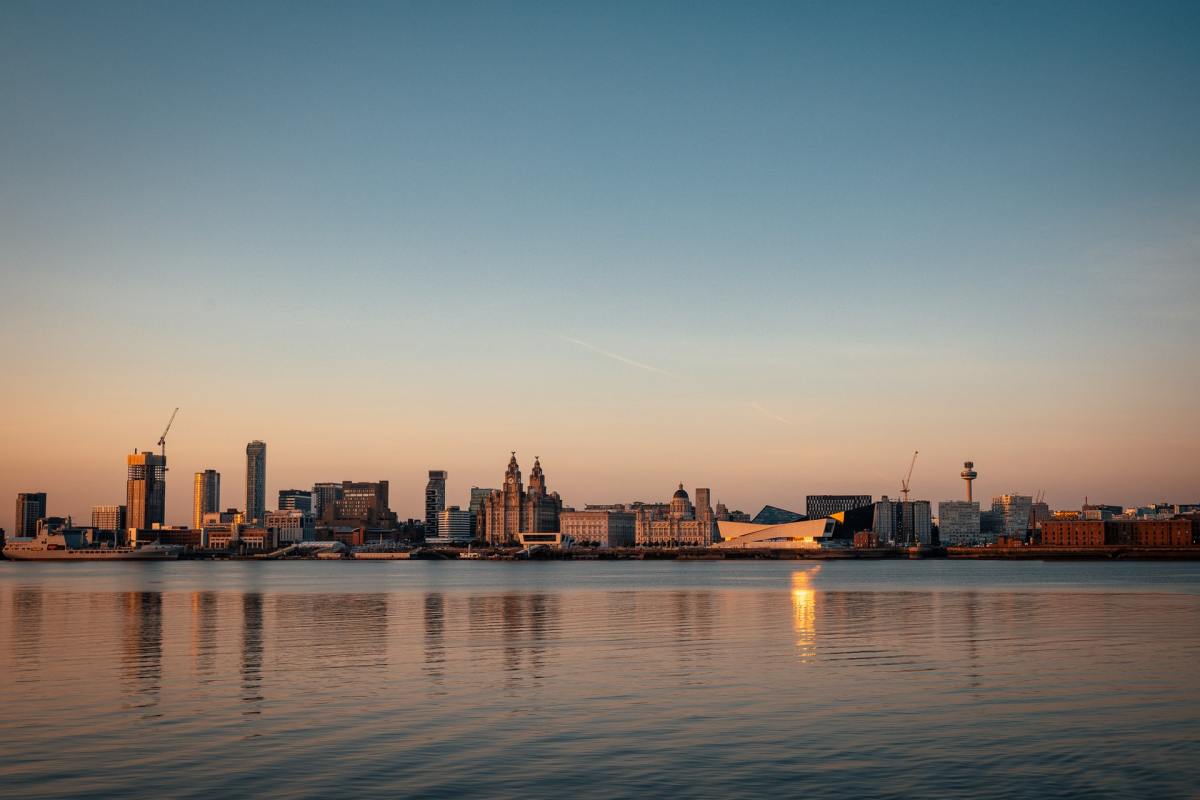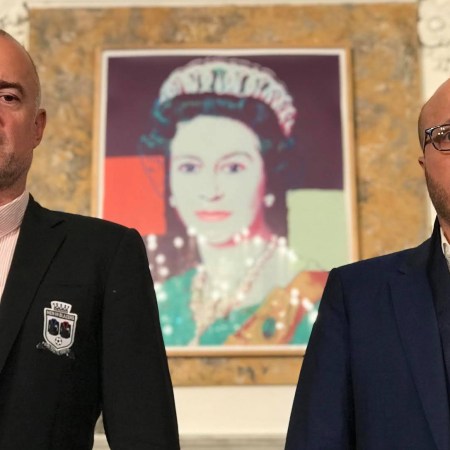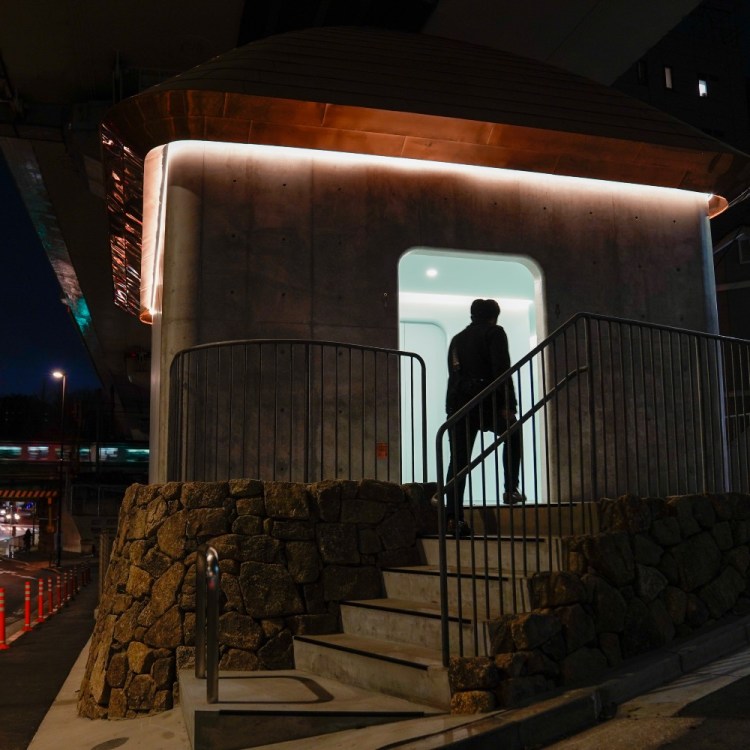In 2004, Liverpool was named a UNESCO World Heritage site. On the city’s page on the agency’s website, text offers an explanation as to some of the reasons why, including the fact that “Liverpool was a pioneer in the development of modern dock technology, transport systems and port management.” But if you visit UNESCO’s page for Liverpool, you’ll notice the text at the top of the page crossed out. Earlier this month, UNESCO made the decision to delist Liverpool from its earlier status.
Writing at Dezeen, Alice Finney has more details on the agency’s decision. The agency itself noted in a statement that Liverpool’s removal from the list is “due to the irreversible loss of attributes conveying the outstanding universal value of the property.”
At the heart of the delisting is the Liverpool Waters project, a mixed-use waterfront development which includes a new stadium for Everton FC. UNESCO had raised concerns about the project years earlier. “The project has since gone ahead along with other developments both inside the site and in its buffer zone,” the agency said in its statement. “The Committee considers that these constructions are detrimental to the site’s authenticity and integrity.”
Liverpool is one of just three sites to lose this designation since 1978.
Chris Capes, Director of Development for Liverpool Waters, addressed the loss of the city’s UNESCO status in a statement. “UNESCO’s decision to remove Liverpool from its list of World Heritage Sites is very disappointing, particularly given the considerable investment that the city has put into protecting and improving its heritage sites in recent years,” Capes said.
Thanks for reading InsideHook. Sign up for our daily newsletter and be in the know.


















